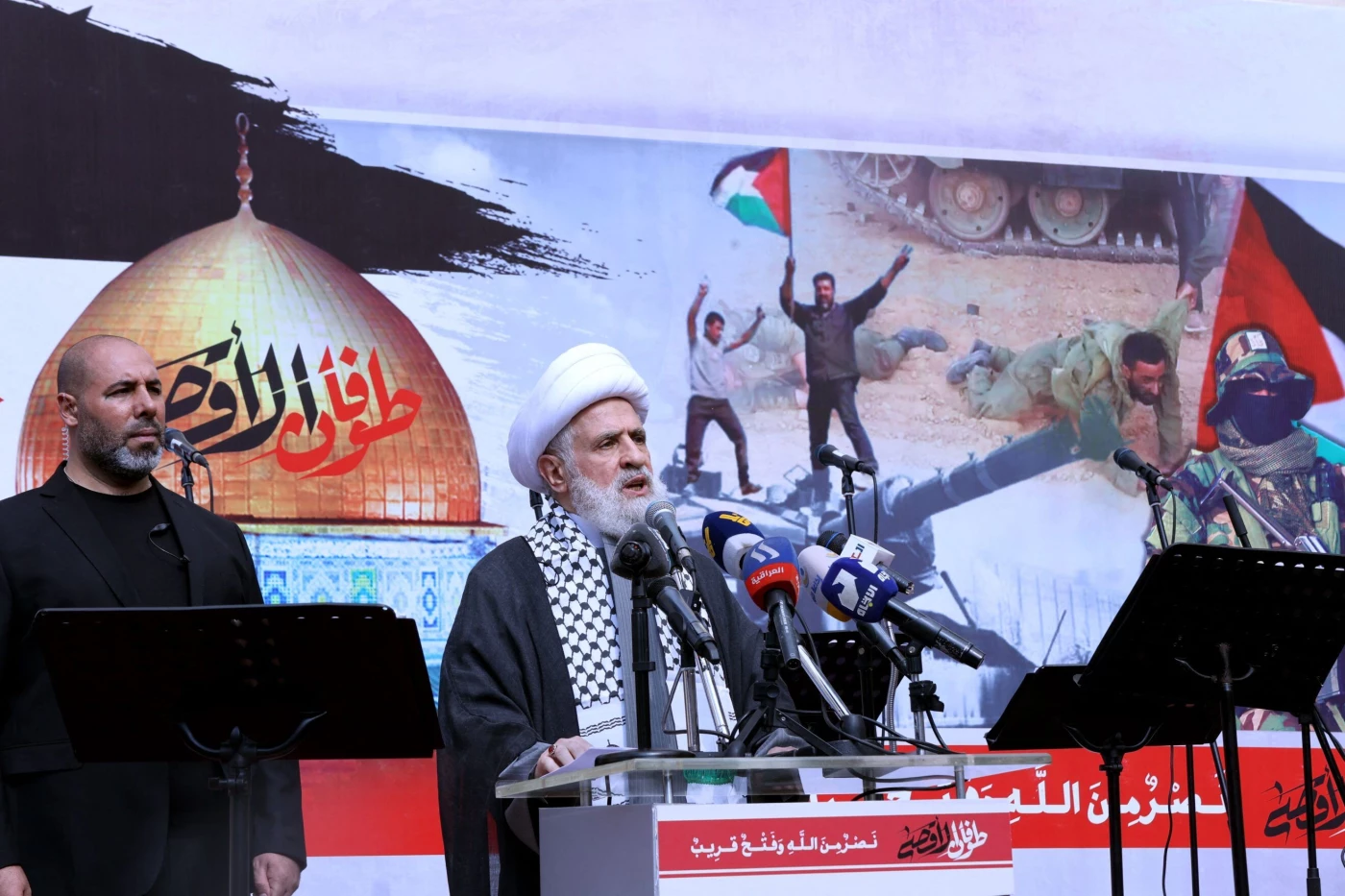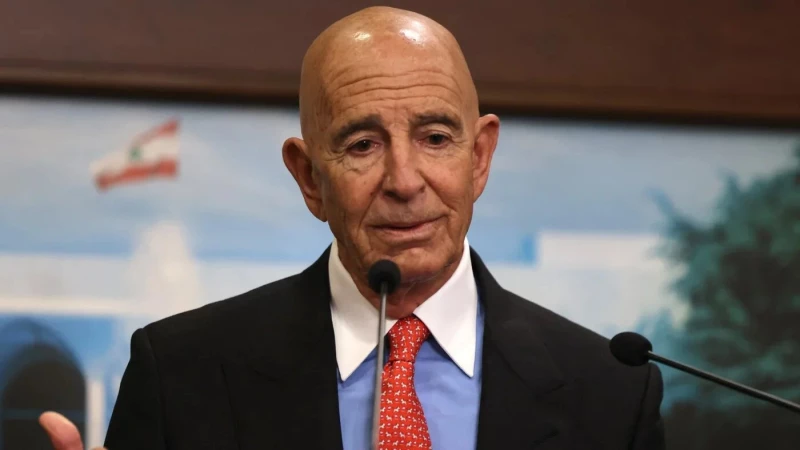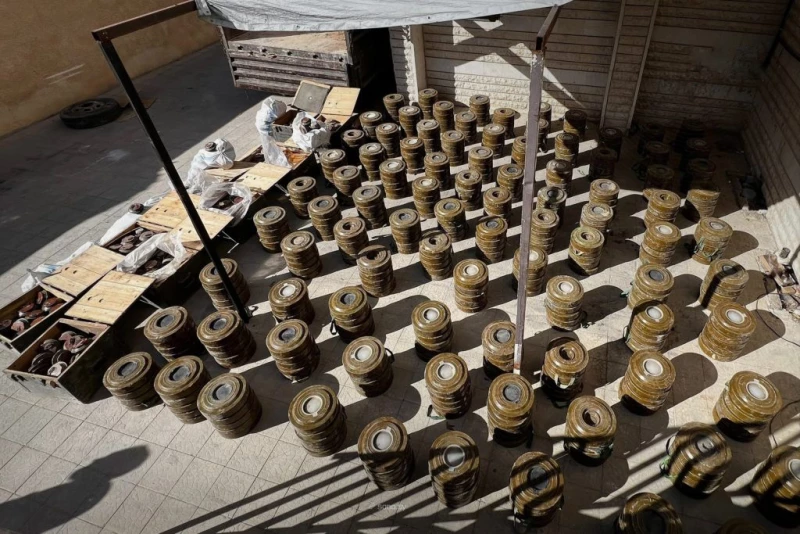ERBIL, Kurdistan Region of Iraq - The deputy chief of Hezbollah threw the militant group’s full support behind the Lebanese government’s efforts for a ceasfire with Israel, while asserting that their military capacities are “fine” despite Israel’s daily destructive strikes allegedly targetting the group’s military infrastructure in parts of the country.
"We support the political efforts that (Lebanese parliament speaker) Nabih Berri is undertaking towards a ceasefire,” said Naim Qassem said in a televised speech on Tuesday.
Tensions are high in the region amid ongoing hostilities in Lebanon and Gaza, attacks on Israel by Iran and its proxies, and a potential “severe” Israeli retaliation to Iran’s recent ballistic missile attack.
The prime minister of Lebanon on Sunday renewed his call on the international community to mount their pressures on Israel for a ceasfire.
"We demand pressure on Israel to commit to a ceasefire," the Lebanese National News Agency (NNA) quoted Najib Mikati as saying.
Earlier in the day, the Iraqi government renewed its call on the international community to ramp up their efforts in bringing the “Zionist aggressions” in the region to an end while pledging to continue to provide humanitarian assistance to the people of Palestine and Lebanon.
And days ago, French President Emmanuel Macron said the time has come for a ceasefire in Gaza and Lebanon and decided to stop arms delivery to Israel, a decision protested by Tel Aviv and welcomed by Lebanon and some other Arab countries.
Qassem’s televised speech came hours after Israeli military announced the expansion of their ground offensive in Lebanon by deploying more troops, following Prime Minister Benjamin Netanyahu’s pledge to keep fighting a “sacred war.”
Qassem described their military capacities as “fine” and said the group’s “leadership and the resistance are meticulously organised... We have overcome painful blows.”
Hezbollah’s second-in-command went on to say: "You see that our daily accomplishments are great.Hundreds of rockets and dozens of aircraft (drones), a great number of (Israeli) settlements and cities have come under rocket fire.”
Following the televised speech of Qassem, the Iran-backed group said it had launched a "large rocket salvo" at Haifa and its northern suburbs on Tuesday, after the Israeli military said "85 projectiles were identified crossing from Lebanon into Israeli territory".
For their part, the Israeli military said they struck Hezbollah bases in southern Lebanon on Tuesday.
Since Israel started its aggression on Lebanon, over 1.2 million people are reported to have been driven from their homes.
On October 7, 2023, Hamas launched a surprise and unprecedented attack on Israel.
In response, Israel launched a full-scale military aggression against Gaza, resulting in the destruction of approximately 90 percent of the territory, according to reports.
The Israeli military has also expanded its operations to Lebanon, carrying out heavy attacks that have targeted civilian areas, leading to significant casualties and widespread destruction.
Tensions between Israel and Iran have also sharply escalated during this period. The situation reached a boiling point when Israel reportedly carried out targeted assassinations of senior pro-Iran leaders, including Ismail Haniyeh, the head of Hamas’ political bureau, in Iran, and Hassan Nasrallah, the leader of the Lebanese Hezbollah, in Beirut.
These high-profile killings have intensified hostilities between Israel and Iran, which recently resulted in retaliation attack on Israel by Iran, as well as with Hezbollah, adding another volatile layer to the already explosive war in the region.



 Facebook
Facebook
 LinkedIn
LinkedIn
 Telegram
Telegram
 X
X


